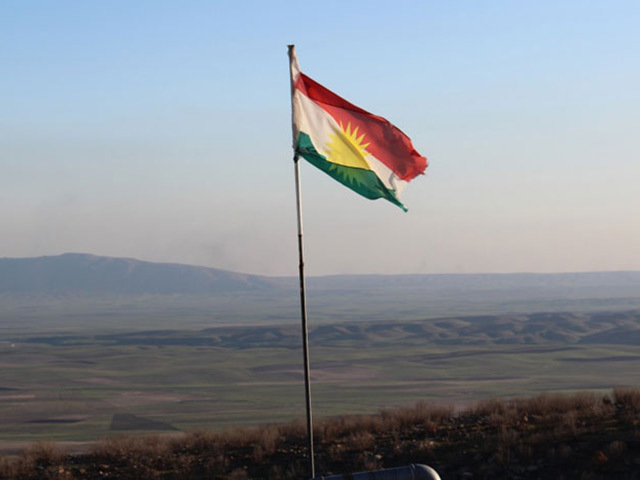
Explorers of oil in Iraqi Kurdistan region slumped in Oslo and London trading after Islamic militants seized two oilfields in the region.
DNO International, which gets most of its output from the Kurdish region, fell as much as 9.2%, the biggest drop in more than six months. Genel Energy sank as much as 6.6% and Gulf Keystone Petroleum 2.2%.
The Ain Zala and Batma oilfields, together producing about 30,000 barrels a day, are under the control of the Islamic State, a breakaway al-Qaeda group, according to the state-run Northern Oil Corporation. The Sunni Islamist militants last month occupied the Qayyara oilfield north of Baghdad.
Islamic State, previously known as Islamic State in Iraq and Levant, has seized territory in northern and western Iraq, taking over oil wells and fighting for control of refineries. Fighters continued their advance on Sunday, taking over the village of Wana, south of the Mosul dam, according to Hisham al- Brefkani, a member of the provincial council of Nineveh.
A retreat by Kurdish fighters from the village was tactical to protect the Mosul dam, Al-Brefkani, said by phone. He denied reports the reservoir had fallen into the hands of militants.
The flare ups raise the prospect of a resurgence of sectarian conflict in Iraq, the second-biggest producer of the Organization of Petroleum Exporting Countries, as Prime Minister Nouri al-Maliki’s Shiite-led government struggles to control Sunni-majority regions.
DNO, the first foreign company to drill for oil in Iraq after the US-led invasion in 2003, has operations at the Dohuk and Erbil licenses in northern Iraq, as well as at Tawke, its biggest field.
“One should always be concerned when there’s a war going on but I don’t believe that the Tawke field and the Kurdish heartland is the main target for the Islamists,” said Kjetil Bakken, an analyst at Carnegie.
“The fact that ISIS is progressing towards Kurdish areas is creating fear amongst investors.”
The conflict in northern Iraq has increased the risk for the “DNO investment case in the short-term,” said Swedbank First Securities analyst Teodor Sveen Nilsen.
“In an absolute worst case scenario, with no production from DNO’s Iraqi assets, we see 70% to 80% downside risk to our cash flow and earnings estimates.”